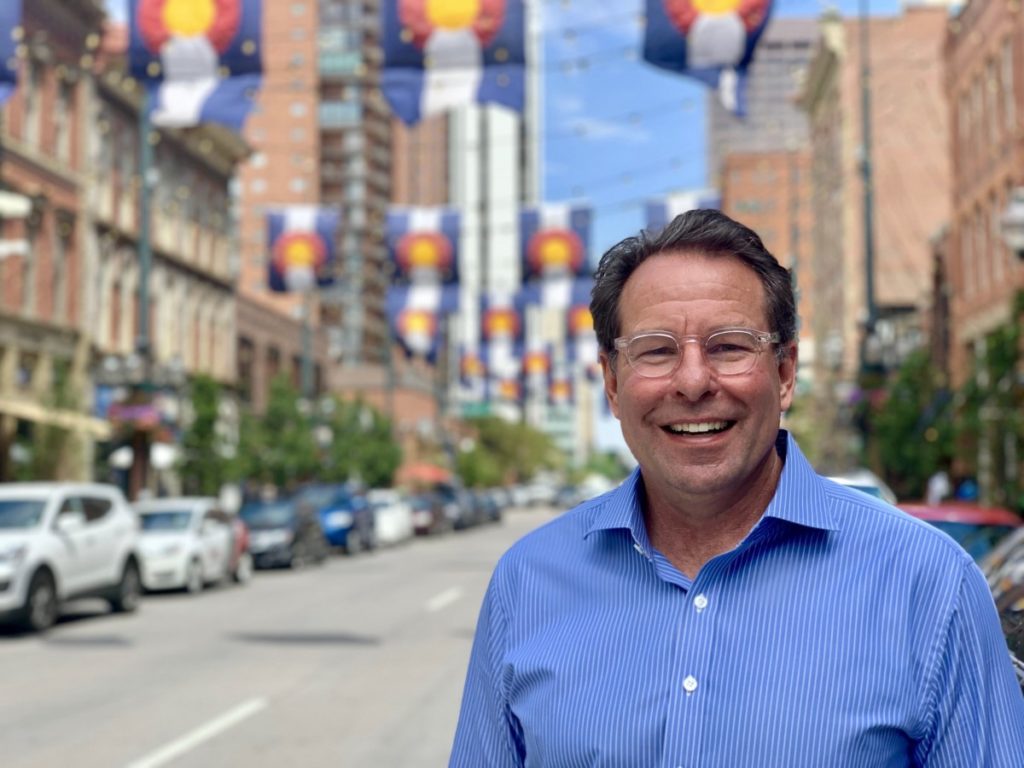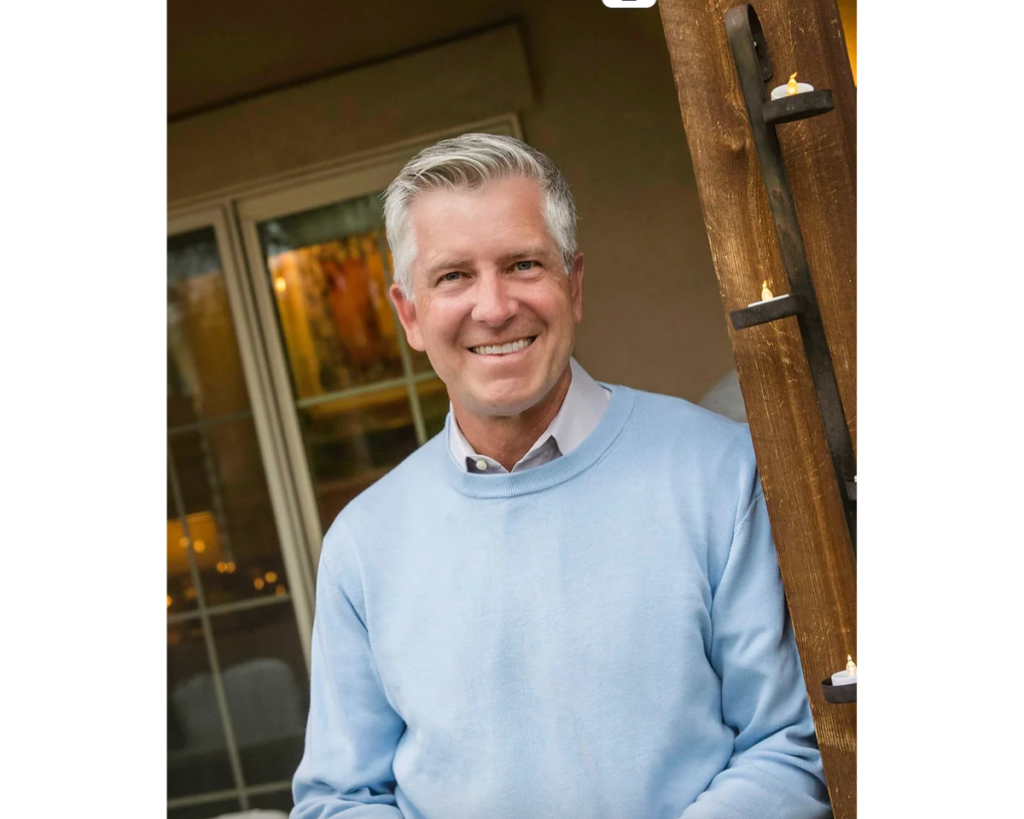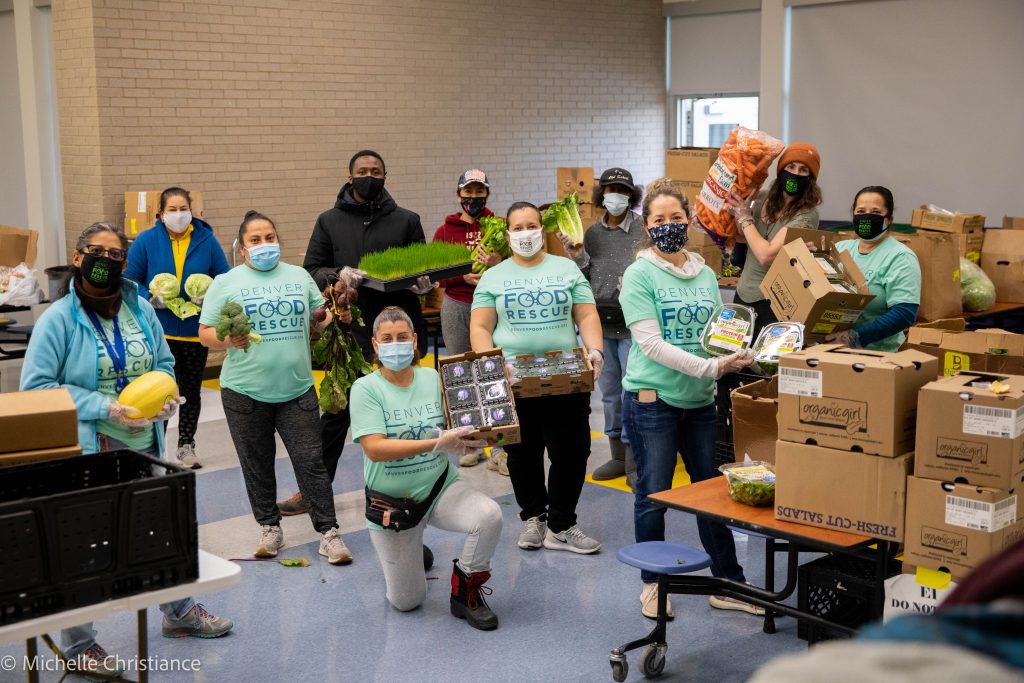Denver residents wondering how their children’s public school was performing had only school district information to go by until 16 years ago.
That was when an organization originally known as A+ Denver formed and committed to researching Denver schools to help families understand more about how schools were educating various subpopulations of students.
The organization, renamed A+ Colorado several years ago, shut its doors at the end of June.
Data from 2003 revealed a graduation rate of below 50% for non-white high school students in Denver. The district has since improved its graduation rates (to over 70%), as well as its ranking in the state’s public school districts, but back then the information was the wake-up call the district needed.
“The public needs to know how schools are doing so that families can make informed decisions about what’s best for their kids,” said Van Schoales, the organization’s president since 2011. “Because they know best. Period.”
Among A+ Colorado’s founders are former DPS Superintendent Michael Bennet and former Denver Mayor Federico Peña. Over the years, it used data and research to advocate for educational improvement— particularly where economic or racial inequities exist, from test scores to graduation rates to what schools spend money on.
“All these things have gray and nuance, and it’s important for the public and policymakers to understand these nuances so they can make decisions around them,” Schoales said.
Disciplinary procedures, for example, have become a more public conversation in Denver thanks in part to the work of A+ Colorado. A+ provided data and analysis on disciplinary actions in schools, down to the race and ethnicity of students being disciplined, to help spur informed decision-making.
One of the last issues A+ aimed to help folks understand was earning loss from the COVID-19 pandemic, making recommendations for improvement based on their findings.
But now, after 16 years, A+ Colorado is ending its chapter.
Raising funds to do research proved increasingly challenging, Schoales said, and access to data about school quality has also gotten more difficult and expensive.
The work was not always easy, Schoales said. One major challenge for organizations like A+ has been not just doing objective research, but coupling it with advocacy to encourage change. School districts would be highlighted in A+ reports for what they do well, but also for what they do poorly, and then react accordingly, he said. That didn’t always sit well with districts.
“Several of the best schools in Colorado and several of the worst schools in Colorado [are] all in Denver,” Schoales said, “and so, it’s never boring.”
A+ Colorado did not limit its work to background research, though. It also sought to educate the public on current issues through forums and other, similar events.
Mary Willson, the organization’s former communications director, said the group worked with the LGBTQ advocacy organization “One Colorado” in May to host a conversation with LGBTQ students from high schools around the state.
“It was an hour of these amazing young people sharing their stories about what it’s like being queer [in school],” Willson said. “That was just my favorite kind of work — when we worked directly with students and elevated voices of those communities we talk about.”
Education politics can get intense, Schoales said, more so than other areas of politics, because “everybody loves kids.” And in Denver, debates over school performance and what to do about it — whether it’s adjusting the SchoolChoice process, or supporting charter schools and schools in the city’s “Innovation Zones” — give voice to perspectives across political lines.
“In Denver, a majority of the school board – which is likely to grow after November’s elections – is openly skeptical about charter schools, innovation schools, innovation zones and even a focus on ensuring all students can read,” Schoales wrote in his April announcement that he was stepping down from A+ Colorado.
“Some, if not most board members seem less interested in objective data and deep analysis than in pursuing issues that, in my opinion, are tangential to ensuring a quality education for all kids,” Schoales said, “and all of this in the midst of the pandemic that has laid bare the long-standing and enormous inequity at all levels of our public education system.”
As for his next steps, Schoales says he is taking the month of July off. He plans to make announcements in August about his new work. Willson says she’s accepted a sixth grade teaching position with STRIVE Prep Green Valley Ranch in Denver.
But both of them said the same thing of A+ Colorado: now is the time for its members to branch out and support other education advocacy organizations.
“It’s important for other voices, especially historically marginalized voices … to be elevated, and our organization (was) white-led,” Willson said. “I know that a lot of what this work is moving toward is a more collaborative voice. Rather than being top-down, ‘Hey, here’s the research, here’s what you should do,’ … more so listening to communities, and saying, ‘What do you want education to look like, and how can we support that?’”
Schoales is hopeful, he said, because he believes if those who worked with A+ Colorado can become assets to other education-focused organizations in the state, then A+ can continue to be influential, even in absentia.
“None of us can know at this point how this will resolve,” Schoales wrote, “but the moment is right to ask these deep questions and come up with creative solutions.”




